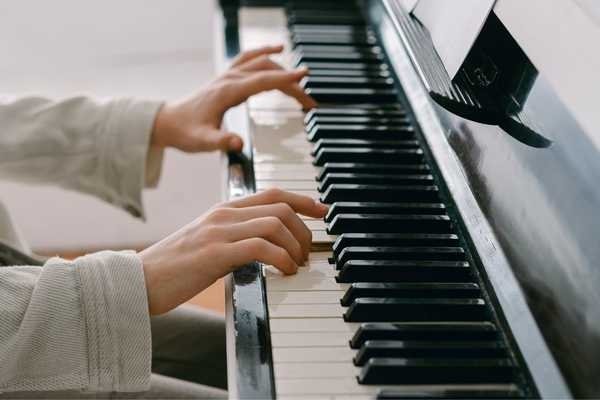
Every year, music lovers around the world come together to celebrate World Piano Day, a special occasion dedicated to one of the most beloved and versatile musical instruments. Marked on the 88th day of the year—symbolizing the piano’s 88 keys—this day pays homage to the instrument’s profound impact on music, culture, and human expression.
The History of World Piano Day
World Piano Day was founded in 2015 by German pianist and composer Nils Frahm. His vision was to create an annual event that honors the instrument and brings people together through music. Since then, World Piano Day has grown into a global phenomenon, celebrated by musicians, composers, educators, and piano enthusiasts in concerts, online performances, workshops, and community events.
The choice of the 88th day of the year—March 28 or March 29 in leap years—is a symbolic nod to the piano’s standard 88 keys, reinforcing the intimate connection between the date and the instrument it celebrates.
The Significance of the Piano in Music and Culture
The piano has long been regarded as one of the most expressive and versatile instruments. Its ability to produce a vast range of tones and dynamics makes it a staple in classical, jazz, pop, and contemporary music. From Beethoven’s sonatas to jazz improvisations by Thelonious Monk, and even modern electronic-infused compositions, the piano has continuously evolved, shaping countless musical genres.
Beyond music, the piano holds cultural and emotional significance. It has been a symbol of artistic refinement in homes and concert halls, a medium for storytelling in films and literature, and an essential tool for composers and songwriters. The piano has the power to evoke deep emotions, from the joyous melodies of Chopin’s waltzes to the melancholic beauty of Rachmaninoff’s concertos.
How World Piano Day is Celebrated
World Piano Day is marked by a variety of events worldwide, both in-person and online. Some common ways to celebrate include:
- Concerts and Recitals: Pianists of all levels, from amateurs to professionals, perform music ranging from classical masterpieces to modern compositions.
- Live Streams and Virtual Performances: Many artists share their music through online platforms, making performances accessible to a global audience.
- Community and Educational Initiatives: Music schools and organizations host workshops, masterclasses, and lectures to inspire and educate aspiring pianists.
- Compositions and Improvisations: Composers and musicians often create new works or engage in spontaneous improvisation to mark the occasion.
- Charity and Fundraising Efforts: Some events use World Piano Day to raise funds for music education programs, ensuring that future generations have access to learning this beautiful instrument.
The Lasting Impact of the Piano
World Piano Day serves as a reminder of the piano’s enduring legacy. It unites musicians and listeners, bridging cultural and generational gaps through the universal language of music. Whether you are a professional pianist, a beginner, or simply a lover of piano music, this day encourages everyone to appreciate the beauty of the instrument and its contributions to the world of art and creativity.
So, on the next 88th day of the year, let the melodies of the piano fill the air, and celebrate the magic of music that has touched countless hearts across centuries.

